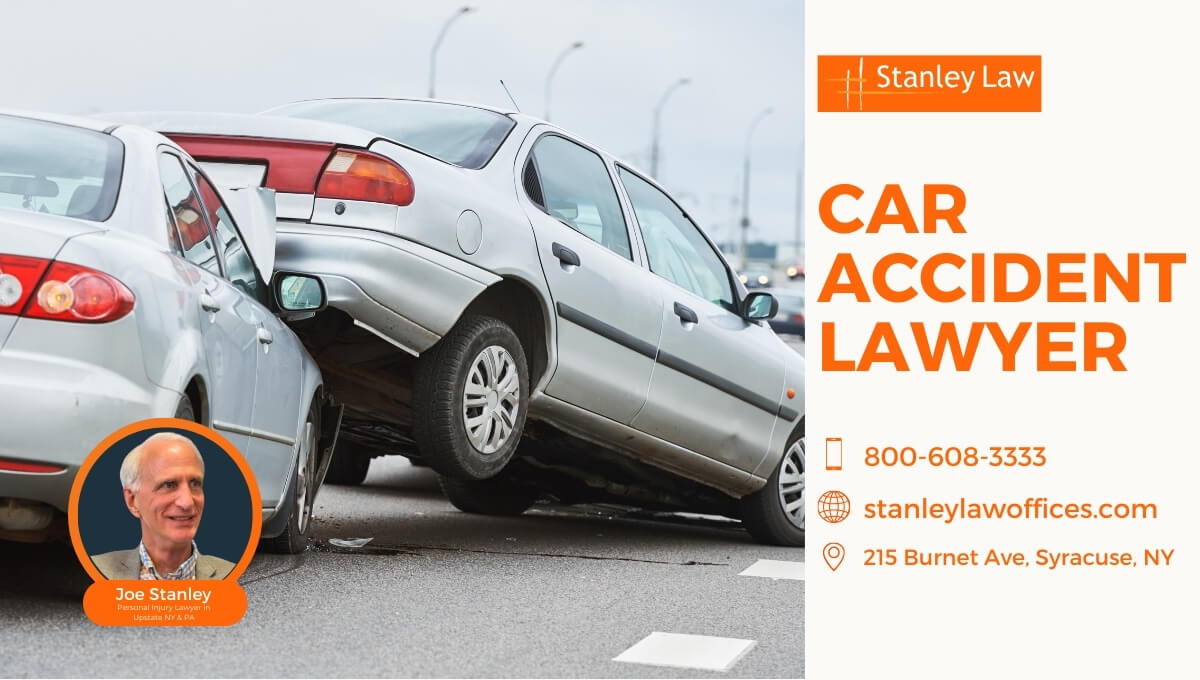Handling a car accident claim alone may seem daunting. From documenting damages to negotiating with insurance companies, the process involves multiple steps that can be irresistible without legal expertise. This guide will explain how to settle a car accident claim without a lawyer, outline the benefits of self-representation—such as saving on legal fees—and provide insight into when it might be wise to hire a lawyer. By the end, you’ll be prepared to handle your claim independently and know when to seek professional help.
Understanding Your Legal Rights and Responsibilities
Before settling your car accident claim on your own, it’s important to understand your legal rights and responsibilities. This knowledge will help you make informed decisions and manage the claims process effectively.
Why Consider Settling Without a Lawyer?
Managing your claim without legal help offers several advantages:
- Cost Savings: Avoid legal fees and retain more of your settlement.
- Control: Handle the claim on your terms and make decisions directly affecting the outcome.
- Speed: For straightforward, minor accidents, resolving the claim yourself can be quicker without the formalities of legal proceedings.
When to Consider Professional Legal Help
While self-managing has benefits, certain situations demand legal expertise:
- Complex Cases: Severe injuries, fault disputes, or complicated liability issues require a thorough legal understanding only a lawyer can provide.
- High-Stakes Situations: In claims involving substantial sums or multiple parties, a lawyer’s negotiation skills and legal knowledge are invaluable to secure fair compensation.
Step-by-Step Guide to Managing Your Claim
Managing your car accident claim requires careful documentation and negotiation. Here’s a breakdown of each step to guide you:
Assessing and Documenting the Damages
Begin by documenting all damages related to the accident:
- Take detailed photos of any property damage and injuries.
- Gather all medical records that reflect treatments related to the accident.
- When calculating your total damages, consider both immediate and long-term costs, such as ongoing medical care and lost wages.
Gathering and Organizing Key Evidence
Collecting the right documents is critical:
- Accident Reports: Obtain copies from the police or relevant authorities.
- Medical Records: Keep all documents related to your injuries and treatments.
- Repair Estimates: Get quotes from reliable repair shops for vehicle repairs.
- Insurance Information: Keep a detailed record of all exchanges with your insurance company.
Include strong supporting evidence like photos, witness statements, and expert testimonies to strengthen your claim.
Important Legal Deadlines
Understanding legal deadlines is critical. Statutes of limitations set the timeframe for filing your claim or lawsuit. These deadlines will ensure your ability to seek compensation. To stay organized, create a timeline of all important dates and set reminders to ensure you meet all legal requirements.
Drafting a Demand Letter
An effective demand letter is for your claim. It should clearly outline the following:
- Accident Details: Provide a clear and concise description of what occurred.
- Damages Summary: Outline all damages and injuries with supporting evidence.
- Compensation Request: Specify the compensation amount you are seeking.
Craft your demand letter carefully to make a strong case and set the stage for successful negotiations.

Negotiating with Insurance Adjusters
Preparation is key when negotiating with insurance adjusters. Understand common insurance tactics to prepare to engage with insurance adjusters. Insurance companies may offer low initial settlements, so be ready to counter these low initial offers with evidence and strong arguments. Effective negotiation involves presenting a well-documented case and being firm but polite.
Evaluating Settlement Offers
When evaluating offers, compare them against your documented damages and future needs. If an offer is too low, prepare a reasoned counteroffer, or if necessary, be ready to decline and continue negotiations.
Potential Risks and How to Mitigate Them
Settling without a lawyer carries certain risks, such as underestimating your claim’s value or misinterpreting legal terms.
Common Pitfalls and How to Avoid Them
To mitigate these risks:
- Document Thoroughly: Leave no detail unrecorded.
- Understand Your Policy: Know the ins and outs of your insurance policy.
- Review Carefully: Take the time to assess each settlement offer against your documented evidence.
Be cautious of pressure to accept a quick and unfair settlement. Insurance adjusters might rush you or offer lower settlements. Negotiations can take time; take your time to review offers and negotiate firmly to protect your interests.
When to Definitely Find a Lawyer
In scenarios where the claim becomes too complex or if the potential compensation justifies it, seeking a lawyer who works on a contingency fee basis might be beneficial.
Choosing the Right Lawyer for Your Case
Selecting the right car accident lawyer is highly recommended if your case increases complexity. Here are tips for finding the right lawyer:
- Specialization: Choose a lawyer specializing in personal injury or car accident cases.
- Experience: Look for a lawyer with a proven track record in handling similar cases.
- Reputation: Research the lawyer’s reputation and client reviews to ensure effective representation.
Understanding when to seek legal help and choosing the right lawyer can ensure effective handling of your claim.
Conclusion
If you’re well-prepared, managing your car accident claim without a lawyer is possible. Key steps include knowing your rights, documenting damages, and negotiating with insurance adjusters. Seek legal help in complex or high-stakes cases, and consider contingency fees for affordable legal support. Whether you settle independently or with a lawyer, following these steps will help you reach a fair outcome. For assistance or questions about settling a claim, contact us for expert guidance.

FAQs: Settling a Car Accident Claim Without a Lawyer
Can You Claim for Pain and Suffering Without a Lawyer?
Yes! You can claim pain and suffering without a lawyer, but it can be complex. Document medical treatments, keep detailed records, and provide evidence of how the accident impacted your life to strengthen your case.
What Are Typical Settlement Amounts for Car Accident Claims?
Settlement amounts vary widely based on factors like the severity of injuries, damages, and fault.
How Do We Counter Low Settlement Offers Effectively?
Gather strong evidence like medical records and repair bills to counter a low settlement offer. Draft a detailed counteroffer outlining your damages and be ready to negotiate with solid arguments for a higher amount.
Do I Need a Lawyer If I Am Partially at Fault for the Accident?
You don’t always need a lawyer if you’re partially at fault. However, having one can help clarify legal implications and ensure you receive a fair settlement. They can also assist in negotiating with the insurance company.
How Long Will Settling a Car Accident Claim Without a Lawyer Take?
To handle low settlement offers, submit a counteroffer that accurately reflects your damages and losses. Support your claim with detailed evidence, such as medical records and repair bills.
How Do I Deal with an Uncooperative Insurance Adjuster?
If an insurance adjuster is uncooperative, document all interactions and stay persistent but professional. If needed, escalate the issue within the insurance company or seek help from consumer protection agencies.

